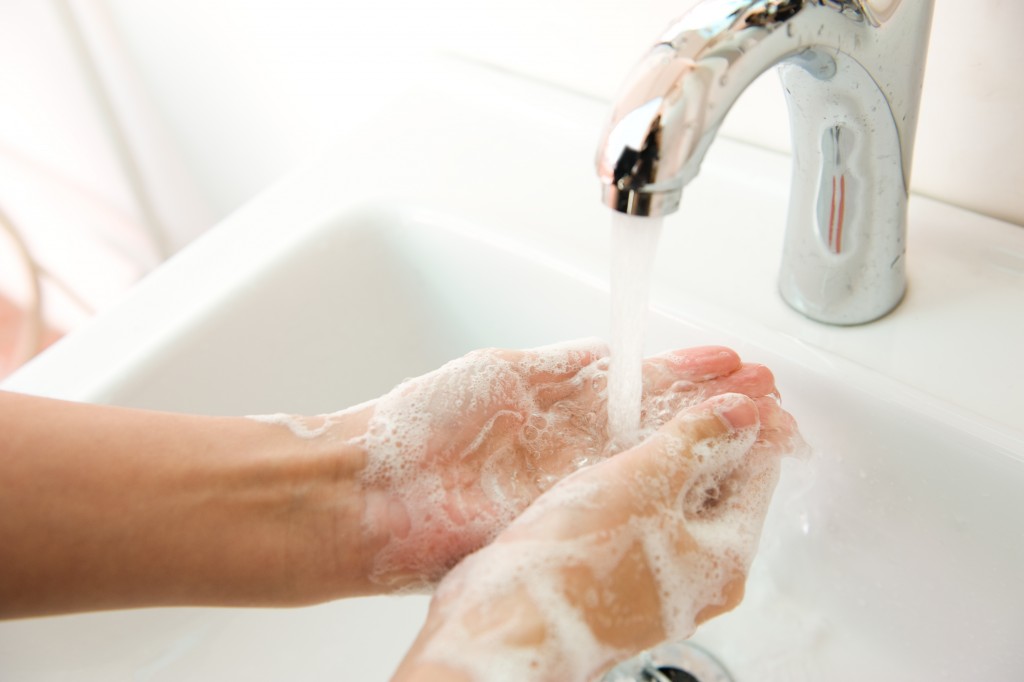Amid a crisis, people have become more careful about how they interact with surfaces and other objects. Microorganisms—germs, bacteria, viruses—can survive is various surfaces for days on end. Sanitation and disinfection are crucial in times of a crisis caused by a virus. Cleaning doorknobs, cellphones, clothes, etc. are significantly more necessary now more than ever. It’s also best to remember that microorganisms have different lasting effects on various surfaces.
Several factors affect their longevity. For instance, viruses need to find a host to reproduce while bacteria can multiply on their own, without needing a host. Humidity also participates in the survival of microorganisms because none of them “can live on dry surfaces with a humidity of less than 10 percent.” Another factor would be the temperature. Some bacteria and viruses can breed best in room temperature, others die from heat, and the rest prefer the cold.
As the recent outbreak takes place, scientists are conducting studies to observe the lifespan of the COVID-19 virus on metals, plastic, cardboard, and clothes. The said virus can last up to 72 hours on plastic and stainless steel, 24 hours on cardboard, and 4 hours on copper. In addition to this, Insider reports COVID-19’s survival grows longer on metal, plastic, and glass, depending on temperature and humidity.
Fabrics, on the other hand, does not breed germs and viruses for a long time. However, this may be unclear. In a study observing fungi and bacteria on various types of fabrics, synthetic or smoother fibers had less contamination than natural fibers. The spread may be more severe on wool, hemp, or cotton, as opposed to silk fibers.
There are several ways to stay hygienic and narrow the possibilities of picking up germs, bacteria, and viruses from everyday objects:
Wash your hands for 20 seconds with soap.
Viruses have an outside layer of protein and fat. When a person washes their hands, soap breaks down the layer of fat, and the other parts of the virus go down the drain. The catch is: this only happens 20 seconds after using soap, so singing “Happy Birthday” or several other songs is crucial.
Disinfect doorknobs and phones.
Because these are things that our hands interact with several times a day, they may contain the highest number of germs, bacteria, and viruses around us. A 70% solution alcohol is enough to break down these microbes. As much as possible, try opting for ethyl alcohol as this is more powerful than isopropyl alcohol.

Wash and change your clothes.
Because not everyone has the privilege to quarantine, essential workers and people who go outside should change into clean clothes right when they get home. According to NCBI, “Diluted household bleach disinfects within 10–60 minutes contact time,” so clothes should also be thoroughly cleaned personally or through dry cleaning and laundry services in Zionsville, Indiana.
Take care of yourself to take care of everyone else.
We can help our front-liners contain the virus by doing as much as we can, like washing our hands and disinfecting. When we don’t carry these harmful microbes around, it’s less likely to spread.
